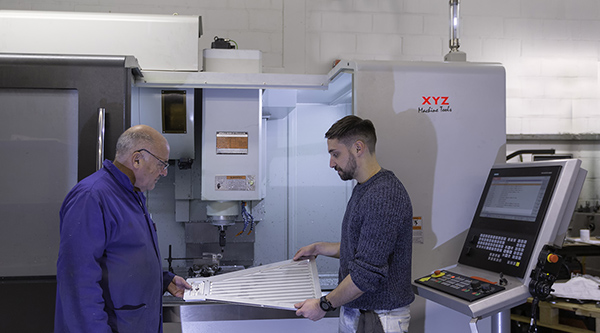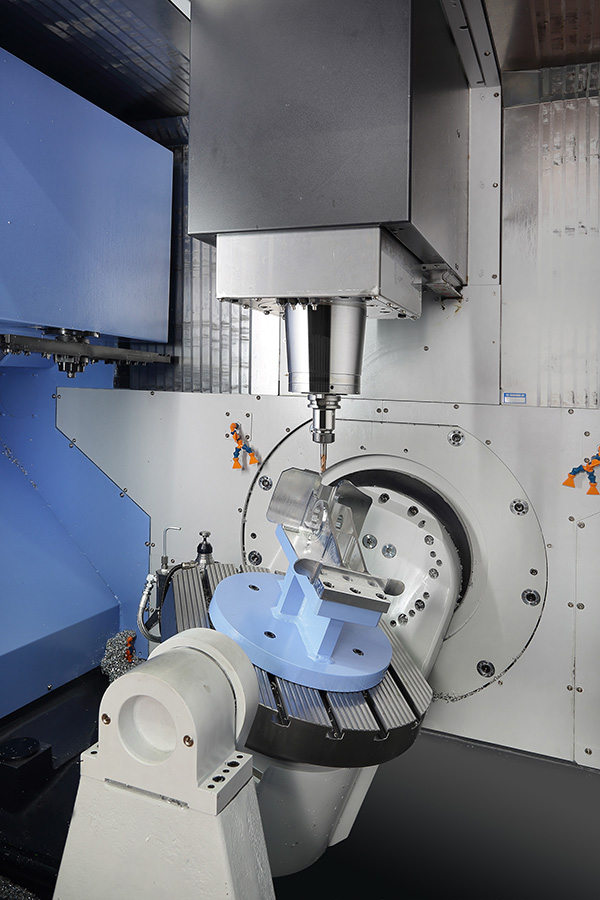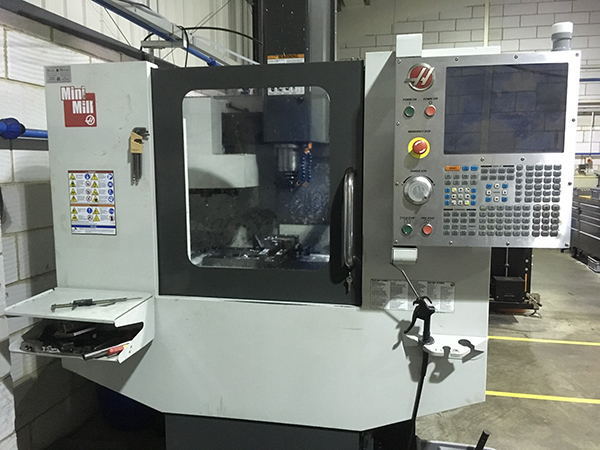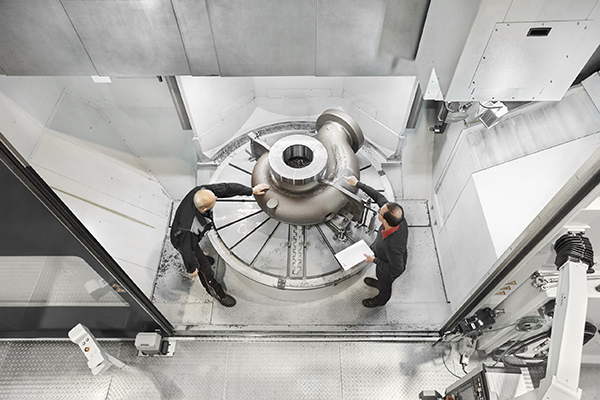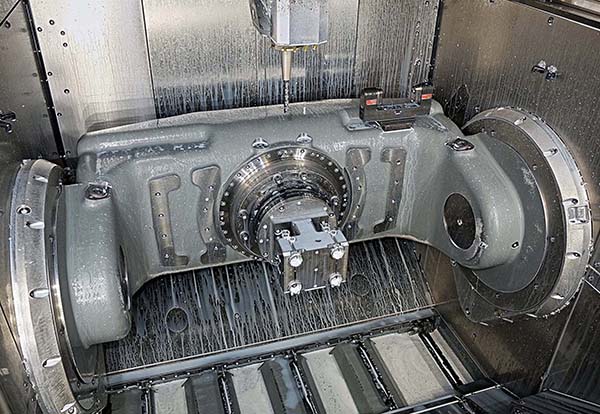Essex-based MKB Precision Engineering has installed a large XYZ 1100 HD (Heavy Duty) machining centre.

When creating their company, Ken Barnard and his son Matt had just a second-hand manual lathe, a grinding machine and an XYZ ProtoTrak mill. Within a couple of years, business had developed and the company’s first XYZ 710 vertical machining centre arrived, quickly followed by a second. These two machines, with their Siemens Shopmill controls, enabled MKB to fulfil orders that would have not been viable previously, leading to good business growth.
As demand for larger components grew, the pair recognised that a machine was needed with greater capacity, and the larger XYZ 1100 HD was the obvious model of choice.
“While we had our XYZ SMX 5000 ProtoTrak bed mill, part exchanging that for the XYZ 1100 HD was a natural progression, and the addition of tool-changing capacity and fully enclosed guarding allowed us to maximise productivity,” says Ken Barnard. “When we saw the carcass of the XYZ 1100 HD at the MACH exhibition, it gave us the confidence that this larger machine would perform in much the same way. And, with the XYZ 1100 HD having the same Siemens 828D control featuring Shopmill conversational software, it makes it straightforward to transfer work from one machine to another.”
MKB Precision Engineering bought the XYZ 1100 HD specifically for its machining envelope, particularly the large Z axis, which allows the company to easily machine workpieces over 620 mm tall. The large table, at 1100 x 600 mm, can also be utilised to machine smaller parts or, indeed, components in multiple set-up configuration.
For further information www.xyzmachinetools.com






